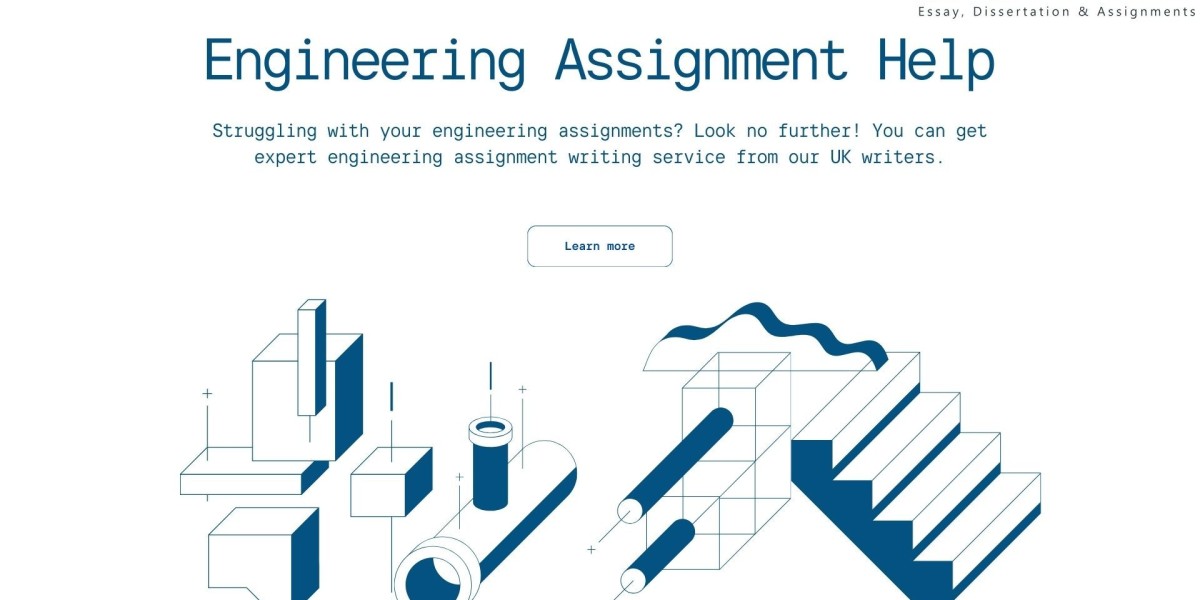The world is changing rapidly, and the concept of smart cities is transforming how we live, work, and interact with our environment. For engineering students in the UK, this technological revolution presents not just an exciting academic subject but also a powerful career path. From sustainable infrastructure to data-driven transport systems, smart cities combine engineering, data science, and environmental consciousness to reshape urban life.
In this article, we’ll explore what smart cities are, how they work, and what role engineering students can play in building the cities of tomorrow.
What Is a Smart City?
A smart city uses digital technologies and data-driven solutions to improve the efficiency of city services, enhance the quality of life for citizens, and reduce environmental impact. Think of automated traffic control, waste management systems that track and optimize routes, energy-efficient buildings that respond to temperature changes, and public transport powered by AI.
Cities like London, Manchester, and Bristol are already investing in smart technology infrastructure. For engineering students, this means greater exposure to real-world applications of the concepts learned in classrooms—particularly in civil, electrical, mechanical, and computer engineering.
The Core Technologies Behind Smart Cities
Building a smart city requires the integration of multiple technologies and disciplines. Here are some key components:
1. Internet of Things (IoT)
IoT devices form the backbone of smart cities. These small, connected sensors collect data on traffic, pollution, energy usage, and much more. Engineers are needed to design, build, and maintain these systems.
2. Artificial Intelligence and Machine Learning
AI analyzes data from IoT devices to make informed decisions. For example, traffic lights that adapt in real-time to congestion patterns rely on machine learning algorithms.
3. Big Data Analytics
Huge volumes of data are generated by smart city systems. Engineers and data scientists collaborate to make sense of this data and convert it into actionable strategies.
4. Sustainable Infrastructure
Smart buildings use automated systems to control lighting, heating, and cooling. Renewable energy sources like solar and wind are integrated into the grid. Civil and environmental engineers are essential for designing and implementing these systems.
5. 5G Connectivity
Fast and reliable data transmission is critical for smart cities. 5G networks allow instant communication between devices, enabling real-time response.
Why Engineering Students Should Care
Smart city development is no longer a futuristic idea—it’s happening now. For students studying engineering in the UK, engaging with smart city concepts can be a major advantage:
Interdisciplinary Skills: Smart cities demand knowledge in multiple areas—coding, design, data, systems thinking. Students can expand their skill set beyond traditional engineering domains.
High Employability: Governments and private companies are investing heavily in smart city projects. Engineering graduates with relevant experience are in high demand.
Global Impact: Working on smart city projects means contributing to global challenges like sustainability, urbanization, and climate change.
Innovation-Driven Work: It’s a dynamic field that encourages creative thinking, problem-solving, and innovation.
Real-World Examples in the UK
Several UK cities are already piloting or fully implementing smart city solutions:
London: Using AI and IoT for traffic management and air quality monitoring.
Bristol: Home to the Bristol Is Open project, an open network for testing smart city technologies.
Manchester: Focuses on smart energy and health systems as part of its CityVerve project.
These are living laboratories where students can intern, collaborate, or conduct research.
How to Get Involved Early as a Student
Here are a few ways UK college students can dive into the world of smart cities:
1. Take Relevant Courses
Opt for modules in data analytics, IoT, sustainability, urban planning, or AI within your engineering program.
2. Join Student Societies
Many universities have societies focused on smart tech, green energy, or urban development. These groups often run hackathons, workshops, and networking events.
3. Internships and Projects
Look for internships or summer research programs with smart city startups, city councils, or engineering consultancies.
4. Attend Conferences and Events
Events like the Smart Cities Expo or Future Cities Catapult offer a chance to meet professionals, learn about emerging trends, and even showcase your work.
5. Seek Engineering Assignment Help When Needed
Balancing studies, side projects, and internships can be overwhelming. UK students can use Engineering Assignment Help services to manage tight deadlines while focusing on real-world learning and exploration.
The Skills You’ll Need
To be successful in smart city development, engineering students should develop a mix of technical and soft skills:
Technical Skills:
Programming (Python, C++, MATLAB)
Knowledge of IoT protocols and sensors
Data analysis and visualization tools
Familiarity with renewable energy systems
Understanding of wireless communication networks
Soft Skills:
Communication and collaboration (especially across disciplines)
Problem-solving and critical thinking
Project management
Adaptability to new tools and technologies
Career Paths in Smart City Engineering
Smart cities offer a wide range of career options for engineers:
Smart Infrastructure Engineer: Designing intelligent buildings, roads, and public spaces.
IoT Systems Developer: Creating and deploying networks of sensors and devices.
Data Engineer/Scientist: Analyzing large datasets from city systems to inform planning.
Energy Systems Engineer: Optimizing smart grids and integrating renewable energy.
Urban Mobility Engineer: Innovating in public transport, traffic systems, and e-mobility.
Many of these roles exist in both the public sector (local councils, government projects) and private companies (engineering firms, tech startups, energy providers).
Final Thoughts
The rise of smart cities marks a shift in how we approach urban living, sustainability, and technology. As the UK continues to invest in these initiatives, engineering students have a unique chance to be part of something transformative—something that blends innovation with social good.
By getting involved early, acquiring the right skills, and making use of support systems like Engineering Assignment Help, students can position themselves as future leaders in this exciting and ever-evolving field.
Now is the perfect time to align your education with the future of urban development—because the cities of tomorrow need engineers like you today



